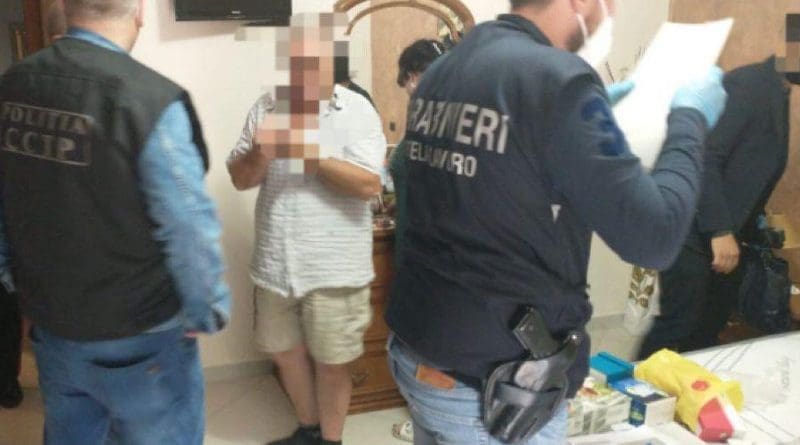Italy: Nearly 90 Victims Of Labor Exploitation Identified
The Italian Carabinieri Corps (Arma dei Carabinieri) and the Moldavian National Police (Poliția Republicii Moldova), supported by Europol and Eurojust, dismantled a criminal network involved in human trafficking for labour exploitation.
The actions on September 4 let to 6 house searches in Italy, 6 arrests (5 Moldavian nationals and 1 Italian), 87 victims identified, and seizures including 27 passports of victims and documentation revealing payments from the victims made since 2018, digital equipment and mobile phones and cash.
The investigation was initiated in 2019 when the Italian authorities detected a family-based criminal association, which recruited Moldavian women and transported them to Italy with tourist visas. The network then placed the women to work for local families without wages or any social benefits such as health insurance. The investigation uncovered that only between January and May 2021 and despite the travel restriction related to the global COVID-19 pandemic, the suspects had arranged at least 16 trips between Moldova and Italy.
No Rest, No Proper Bed, Nor Payment
The criminal network composed of six Moldavian and one Italian nationals lured the vulnerable Moldavian women living in precarious social and economic conditions by promising them work as housekeepers in Italy. Once in Italy, the women were forced to work to pay a debt the network was collecting for transporting them and finding them employment. The jobs they were given involved long hours, however, few breaks and extremely poor living conditions.
Some of the women were forced to sleep on the floor or to share a bed with several other people, even when they were sick. The network collected the ID cards and passports of victims pending full payment of the ‘debt’, which was often close to impossible due to the additional interest charged by the suspects. The criminal group also used their victims’ documents for fraudulent activities, such as false COVID-19 health certificates and employment contracts.
Europol supported the operational activities, facilitated the exchange of information and provided analytical support. During the action days, Europol and Eurojust set up a virtual command post to enable the real-time exchange of information between investigators. Europol’s analysts also cross-checked operational information against Europol’s databases to provide leads to investigators in the field.
The investigation was coordinated through a joint investigation team set up by Eurojust and led by Italy, which also involved Moldova and Europol.

